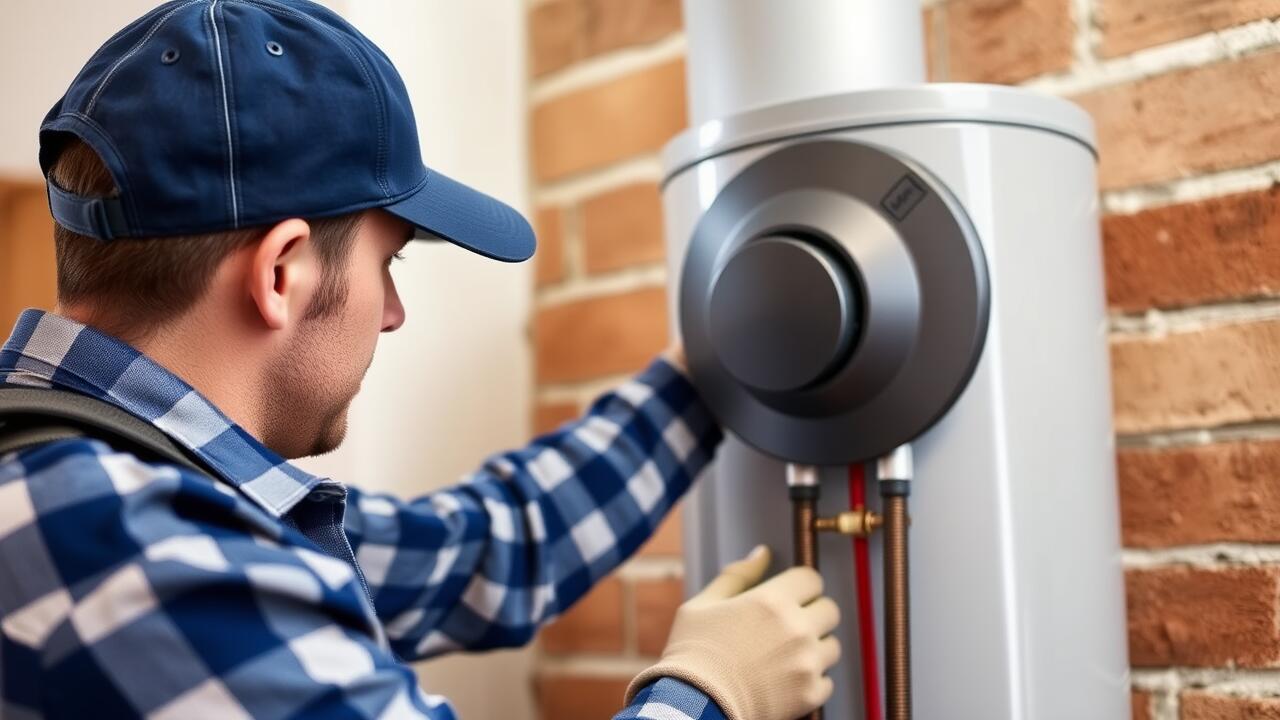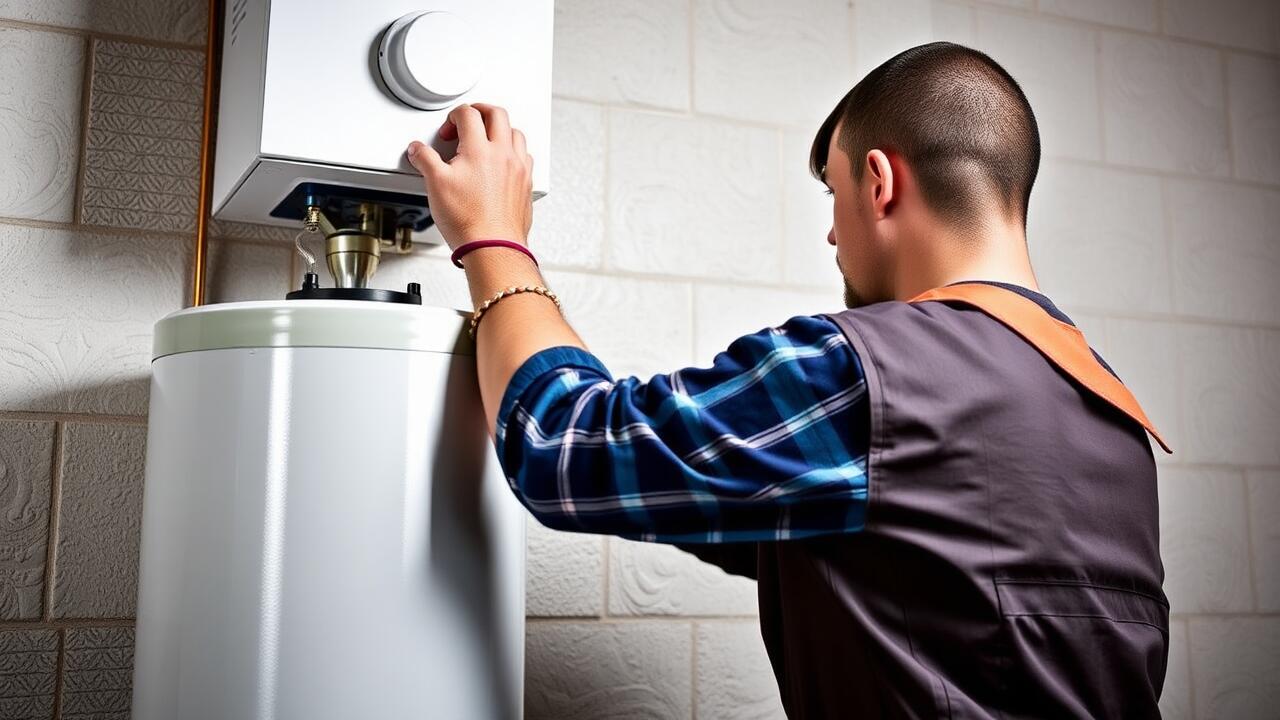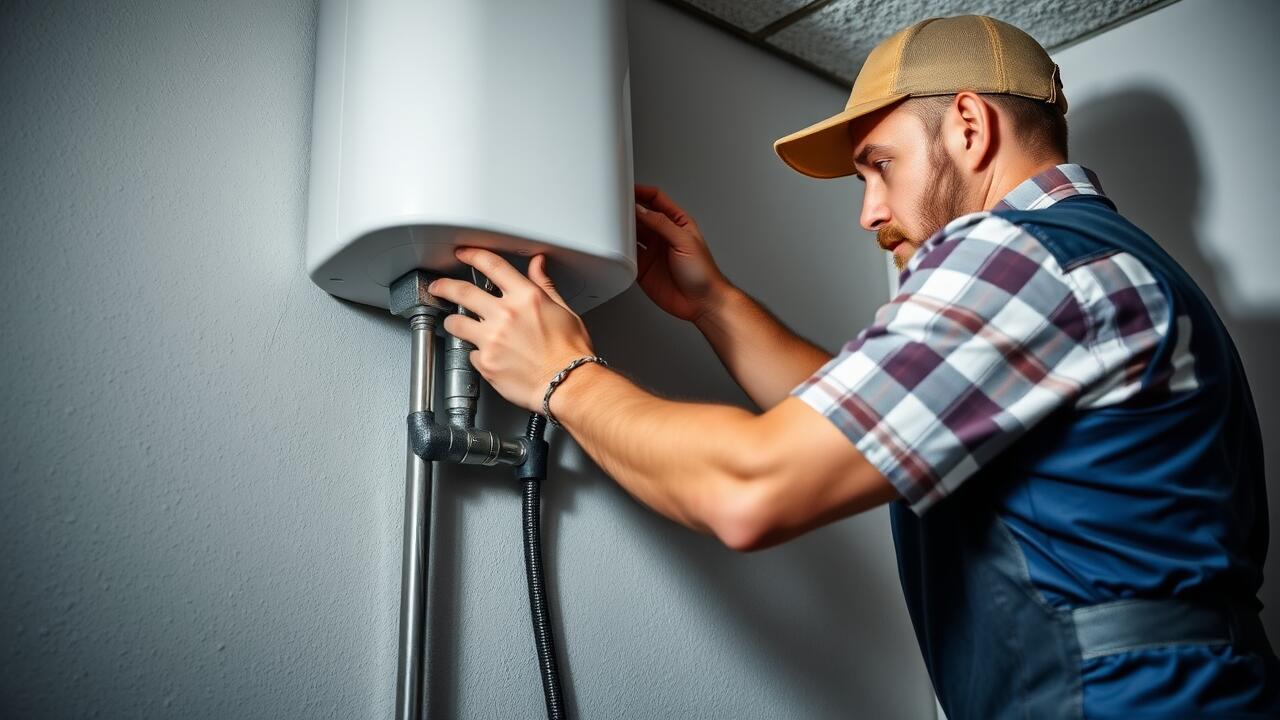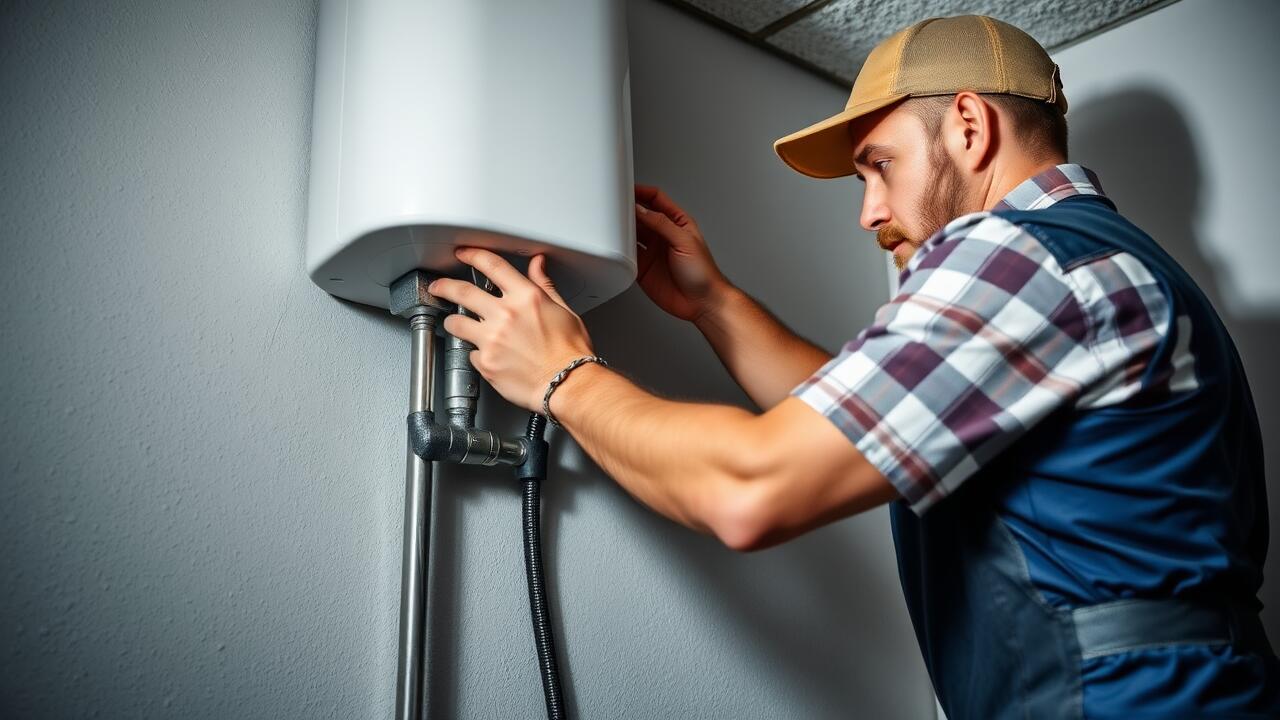
DIY vs. Professional Installation
When considering Water heater installation, many homeowners grapple with the choice between the DIY approach and hiring a professional. A DIY installation can offer significant cost savings, especially for those with plumbing experience and a knack for home improvement projects. Resources and online tutorials are widely available, providing step-by-step guidance. However, this route can lead to complications without the proper knowledge, especially if local codes and regulations aren’t met.
On the other hand, opting for professional installation ensures that the job is done correctly and safely. Certified technicians possess the expertise to handle various challenges that may arise during water heater installation. They also have access to specialized tools and equipment, which are often essential for proper setup. While this option comes at a higher cost, it can provide peace of mind through warranty coverage and the assurance that the installation meets all necessary codes and standards.
Pros and Cons of Each Approach
When considering water heater installation, DIY enthusiasts often find satisfaction in tackling the job themselves. This approach offers the potential for savings on labor costs and allows individuals to learn a new skill. However, it requires a good understanding of plumbing and electrical systems to avoid costly mistakes. There is also the risk of voiding warranties if the installation does not meet the manufacturer's specifications.
On the other hand, hiring a professional guarantees expertise and assures that the installation adheres to local codes and regulations. Professionals can efficiently handle unexpected challenges and provide peace of mind with their experience. This option usually comes at a higher cost, but it often includes warranties or service agreements. Weighing these pros and cons can help homeowners make an informed decision that suits their needs and budget.
Additional Services That May Be Required
When considering water heater installation, additional services may be necessary to ensure a smooth and efficient process. For instance, old units often require removal and disposal, which can incur extra charges. Sometimes, modifications to existing plumbing or electrical systems are needed for the new heater to function correctly. These adjustments can increase labor costs and may require hiring specialized technicians.
Homeowners should also think about potential upgrades, such as improved insulation or piping to enhance energy efficiency. If the location of the installation poses access challenges, it might take longer than anticipated. Safe and optimal water heater installation often hinges on addressing these extra requirements before proceeding with the main task of setup.
Assessing Potential Extra Costs
When planning for water heater installation, it’s crucial to evaluate potential extra costs that may arise during the process. Factors such as plumbing modifications, electrical upgrades, or the disposal of the old unit can significantly impact the overall expense. Homeowners should also consider the need for permits and inspections, which may add to the timeline and budget. It's wise to consult with a professional to gain a clearer understanding of these potential charges.
Additional costs can also stem from specific installation requirements based on the chosen model and the existing infrastructure. For instance, a tankless water heater might require more extensive adjustments to gas lines or venting systems. Likewise, if your home lacks adequate electrical capacity, upgrading your electrical system may become necessary before the installation can proceed. Thorough research and a detailed quote are essential steps in ensuring a smooth water heater installation process.
Warranty and Service Contract Considerations
When considering water heater installation, it is essential to factor in warranty and service contract options. Many manufacturers offer warranties that cover defects for a specified period, typically ranging from six months to ten years. These warranties can provide peace of mind, but understanding what is excluded is equally important. Labor costs and damages from improper installation are often not covered. Therefore, reviewing the fine print before making a decision helps ensure that you are protected in the event of a malfunction.
In addition to the manufacturer's warranty, homeowners might want to consider purchasing a service contract. Such contracts often provide annual maintenance and repair services that extend beyond the initial warranty period. This can be particularly valuable for appliances like water heaters, which may require routine checks to avoid larger issues down the road. Evaluating the costs versus the benefits of these service agreements can help you make an informed choice regarding the long-term care of your new installation.
Importance of Coverage After Installation
Choosing to invest in a warranty or service contract after your water heater installation can provide peace of mind. This coverage often safeguards against unexpected repairs, ensuring that homeowners aren’t left with a hefty bill in the event of a malfunction. Many warranties cover parts and labor for certain periods, which can be especially valuable given the complex nature of modern water heating systems.
Homeowners should also consider the long-term benefits of service contracts. Regular maintenance can extend the lifespan of the unit and enhance efficiency, leading to reduced energy costs over time. Having a plan in place not only protects the initial investment in the water heater installation but also contributes to the overall reliability of the heating system.
FAQS
How much does professional installation of a hot water heater typically cost?
The cost for professional installation of a hot water heater usually ranges from $800 to $1,500, depending on the type of heater, complexity of the installation, and local labor rates.
Can I install a hot water heater myself to save money?
While DIY installation can save on labor costs, it requires knowledge of plumbing and electrical work. Additionally, improper installation can lead to safety hazards and costly repairs, so it’s important to weigh the risks.
What additional costs might I incur when installing a hot water heater?
Additional costs may include permits, disposal fees for the old unit, necessary plumbing or electrical upgrades, and potential modifications to existing structures.
Should I consider a warranty or service contract for my new hot water heater?
Yes, a warranty or service contract can provide peace of mind and financial protection against future repairs or failures, making it a worthwhile consideration during the purchasing process.
What factors can affect the cost of hot water heater installation?
Factors that can influence installation costs include the type of hot water heater (tank vs. tankless), local labor rates, any necessary modifications to existing plumbing or electrical systems, and the complexity of the installation site.



